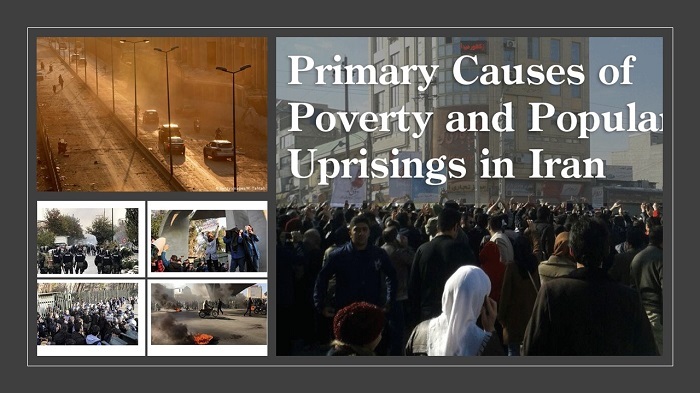
The Iranian economic and social crises have intensified the pre-existing hatred toward the regime. State-run media and regime officials have admitted that these issues are a result of the regime’s malignant schemes and corrupt policies, warning of uprisings. The National Council of Resistance of Iran (NCRI), and the People’s Mujahedin of Iran (PMOI / MEK Iran):
“Until the last month of last year, inflation was rising. The shock therapy of the economy, which started from the beginning of 2018 until the last month of 2020, has accelerated rapidly and has drastically increased the minimum cost of living,” wrote the state-run ILNA News Agency on 16 April.
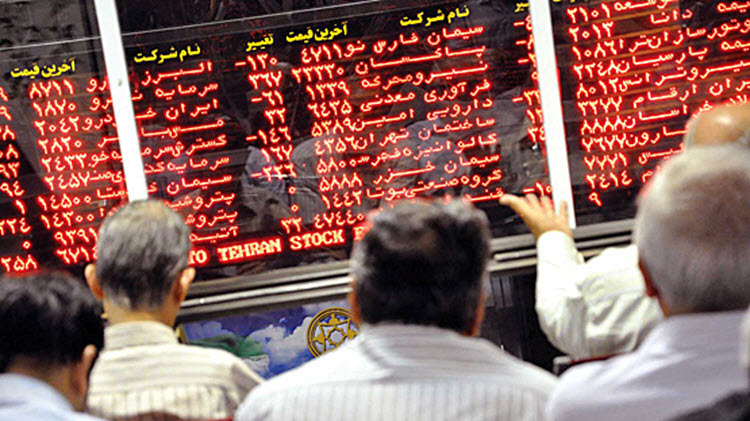
Iran’s Statistic Center over the prices of goods was then quoted by the ILNA, showing that in the last month, “the prices of goods have increased by 1.8 percent.”
“Organizational managers such as Social Security, which are in fact organizations owned by workers and must be paid at the level of workers’ wages, have astronomical salaries of tens of millions of Tomans,” ILNA wrote. Many Iranians are wrestling with extreme poverty, whilst officials and managers are over-paid for their positions.
The average salary for an Iranian worker is around 2.6 million Tomans per annum or 107 USD with the current exchange rate. “The salaries of [regime officials] increases yearly. When someone’s ‘official’ salary is 20 to 30 million Tomans [above $1,000], they do not have to worry about more expensive taxi rates or poultry prices. But workers have to always calculate the difference between their salaries, the inflation, and skyrocketing prices,” ILNA added.
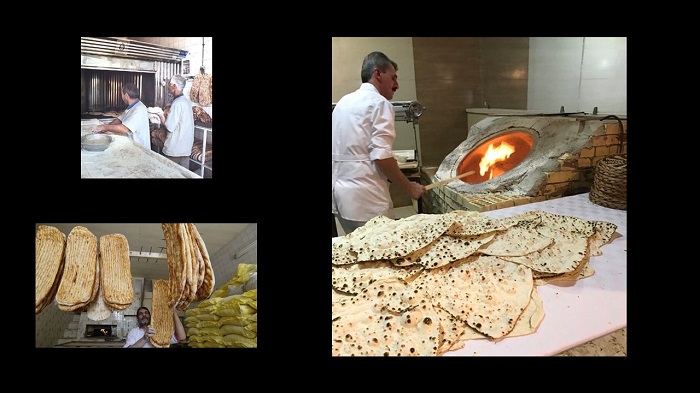
“The mismanagement and inefficiencies have more share in economic failure than sanctions,” wrote the state-run Mashreq News on 16 April quoting Alireza Afshar, the first commander of the Basij and the head of the Soft War Institute of the Higher National Defence University.
It is obvious to the Iranian people that the regime is the cause of these crises, exemplified in protest chants of “Our tables are empty, enough with oppression,” and “Our enemy is here, they lie it is the U.S.”
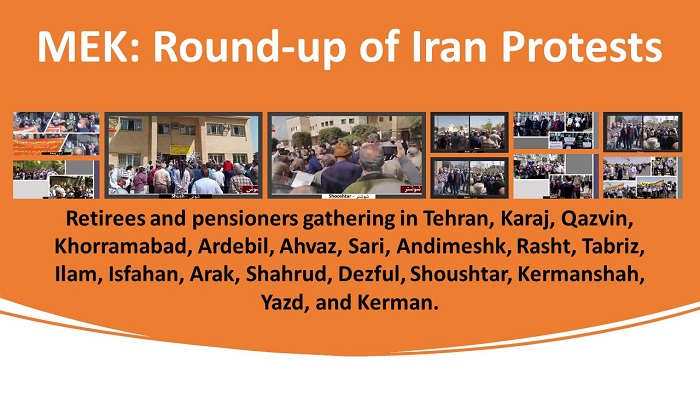
State-run media outlines the battle against the ruling theocracy; “to make the long story short, we are facing society with a lot of crises and unresolved issues.
The ruling institutions, due to their rampant corruption and its resulted inefficiencies plus reducing the necessary resources to relief society have created this situation,” wrote the state-run Jahan-e Sanat on 16 April.
Jahan-e Sanat impressed that “no one in Iran is satisfied” with the regime, referring to the people’s hatred of their country’s religious fascism. “Our country is filled with dissatisfaction. They should be resolved, if not, they will condense, and there will be consequences for us,” said Hamid Reza Jalaie-Pour, a senior commander of the Islamic Revolutionary Guard Corps (IRGC), on 16 April.
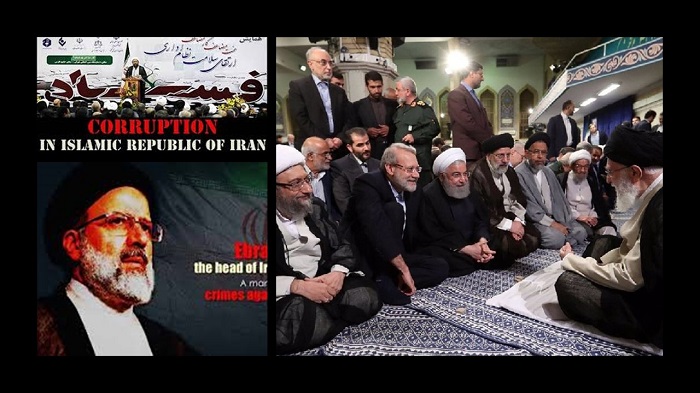
Jalaie-Pour suggests heavily that the upcoming uprisings will be larger than the ones seen in 2018 and 2019; “We do not have a dialogue between the government and civil society. The consequences of revolutions are costly. This has created difficulties for the [regime] in terms of legitimacy, participation, and efficiency,” he said.
In relation to Iran’s factional feuds and the myriad of domestic and international crises, Jalaie-Pour warned that “if the bipolarity of social relations wouldn’t end, we will be in a revolutionary situation, which is not good [for us].”
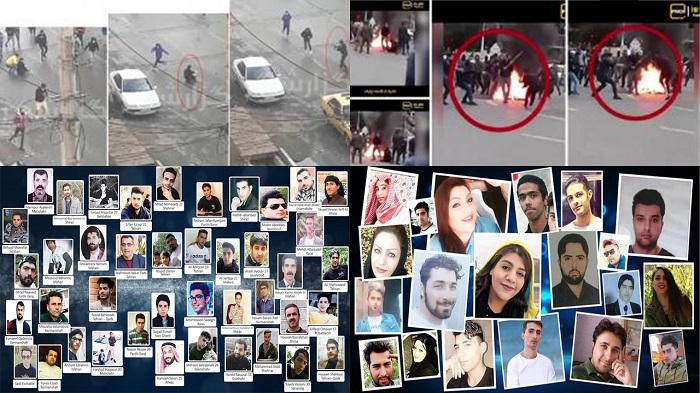
MEK Iran (follow us on Twitter and Facebook)
and People’s Mojahedin Organization of Iran – MEK IRAN – YouTube







